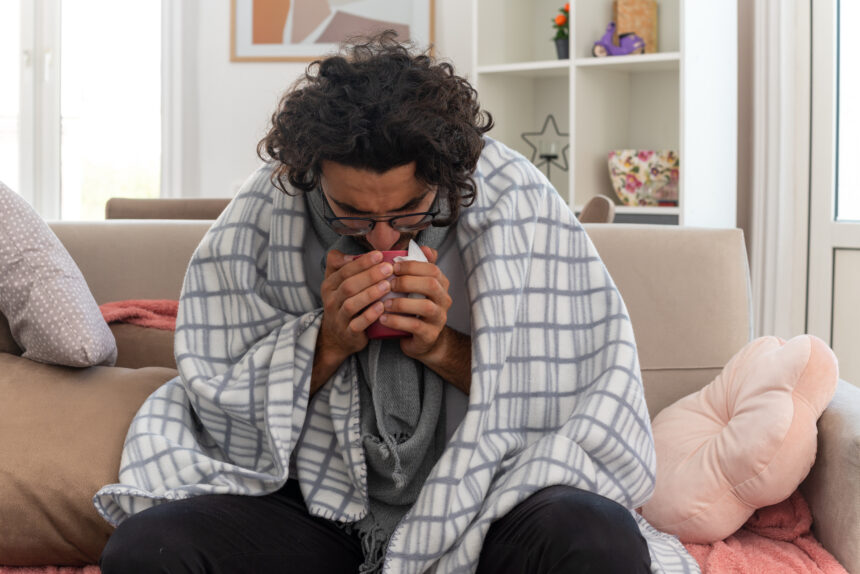As the seasons change, the risk of catching colds and flu increases. In South Africa, where temperatures can fluctuate, it is important to take proactive steps to prevent and treat these common illnesses. By strengthening your immune system and adopting healthy habits, you can minimize your risk of getting sick and recover more quickly if you do fall ill. In this article, we will explore some tips for preventing and treating colds and flu in the context of South Africa.
Prevention Tips:
- Practice Good Hygiene: One of the most effective ways to prevent the spread of colds and flu is to practice good hygiene. Wash your hands frequently with soap and water for at least 20 seconds, especially after being in public spaces, before eating, and after coughing or sneezing. If soap and water are not available, use hand sanitizers with at least 60% alcohol content.
- Cover Your Mouth and Nose: When coughing or sneezing, cover your mouth and nose with a tissue or your elbow. This helps prevent the spread of germs through respiratory droplets. Dispose of used tissues properly and wash your hands afterward to avoid contamination.
- Avoid Close Contact: Try to avoid close contact with individuals who have colds or flu symptoms. If possible, maintain a distance of at least one meter from anyone who is coughing, sneezing, or displaying signs of illness.
- Boost Your Immune System: A strong immune system can help fend off infections. To boost your immune system, maintain a balanced diet that includes plenty of fruits, vegetables, whole grains, lean proteins, and healthy fats. Stay well-hydrated by drinking an adequate amount of water each day.
- Get Vaccinated: Annual flu vaccines are recommended for individuals aged six months and older. Speak to your healthcare provider about getting vaccinated, as it is one of the most effective ways to protect yourself against influenza viruses.
Treatment Tips:
- Rest and Hydration: If you do catch a cold or flu, it is important to prioritize rest and stay well-hydrated. Drink plenty of fluids, such as water, herbal teas, and soups, to keep your body hydrated. Resting allows your body to focus its energy on fighting the infection and promotes faster recovery.
- Over-the-Counter Medications: Over-the-counter medications can help alleviate symptoms and provide relief. Pain relievers like paracetamol or ibuprofen can reduce fever, relieve headaches, and ease body aches. Cough suppressants and decongestants may also provide relief from coughing and nasal congestion. However, always read the labels carefully and consult with a healthcare professional if you have any concerns or underlying health conditions.
- Saltwater Gargles and Nasal Irrigation: For a sore throat, gargling with warm saltwater can provide temporary relief. Nasal irrigation using saline solutions or neti pots can help alleviate nasal congestion and clear the sinuses, reducing discomfort.
- Steam Inhalation: Inhaling steam from a hot shower or a bowl of hot water with a towel over your head can help relieve congestion and ease breathing. Adding a few drops of eucalyptus or menthol oil to the water can provide additional relief.
- Supportive Measures: During illness, it is important to take care of yourself. Get plenty of rest, eat nourishing foods, and avoid smoking and alcohol, as these can further weaken your immune system and prolong your recovery time. Use tissues when blowing your nose to prevent the spread of germs.
Remember, if your symptoms worsen or persist for an extended period, it is important to consult with a healthcare professional for further evaluation and guidance.
By following these prevention and treatment tips, you can reduce your risk of catching colds and flu in South Africa and promote a healthy immune system. Stay vigilant, practice good hygiene, and prioritize self-care to stay well and minimize the impact of these common illnesses on your daily life.










